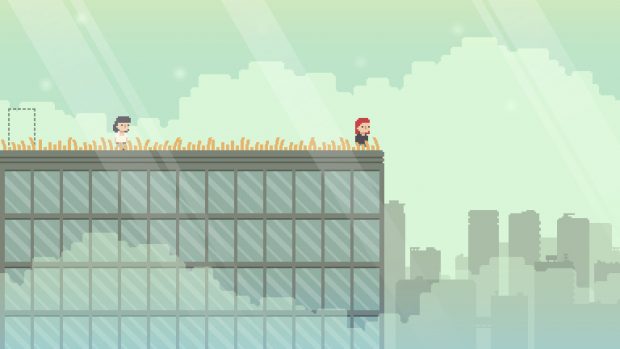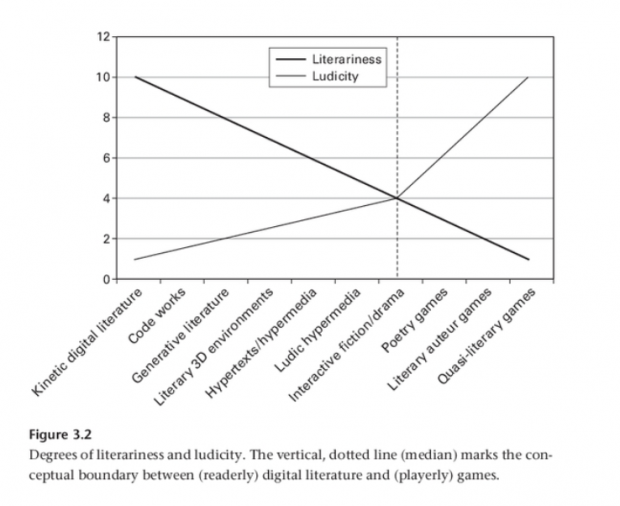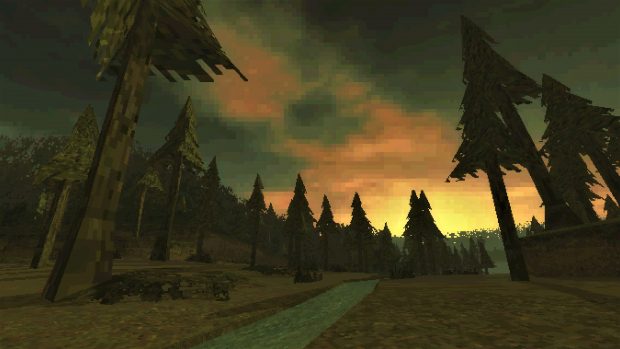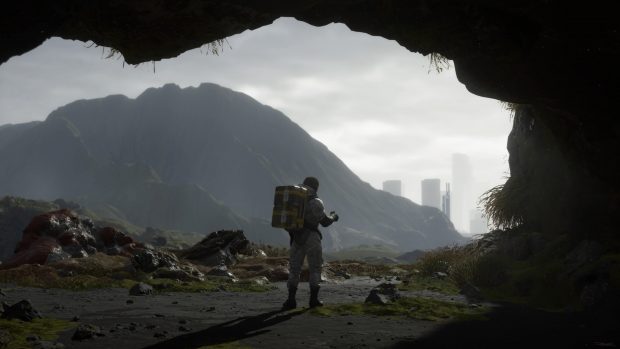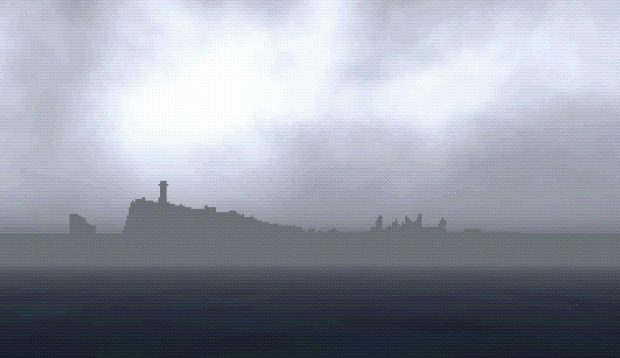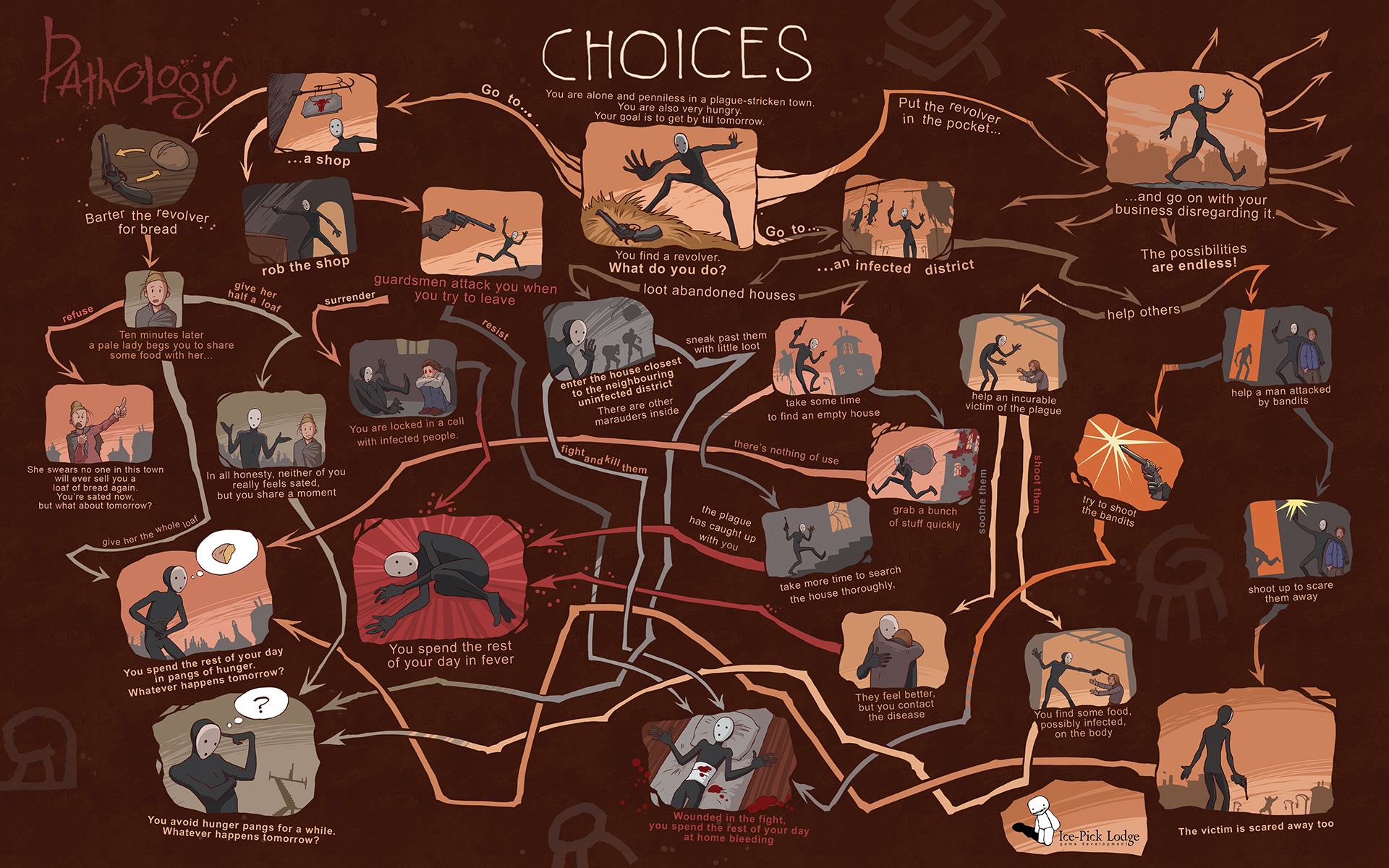Hi everyone,
We had our first meeting of the Literary Games Group for this year on the 10th, where we discussed our plans for at least the next five or six weeks of semester. We’re going to be continuing with our reading from last year, Astrid Ensslin’s Literary Gaming. I’ve attached a link to the book for your perusal. When we reconvene next week (as always, Tuesday at 1pm in the Digital Humanities Hub, room 1W4 on the first floor of the Arts Building) we’ll discuss the chapter we are currently on, hopefully in relation to some of the games we will be playing.
We began playing our first “project-game” as a group, The Dream Machine, a story-rich point-and-click adventure game with some themes that aren’t normally explored in a lot of video games. It also has a fairly unique art style for a video game, being a game made from clay and cardboard. I’m hoping to explore this game’s story and themes as a group, as well as some of the simple and traditional mechanics that the game has, and whether they are good enough to carry the game’s fairly heavy themes.
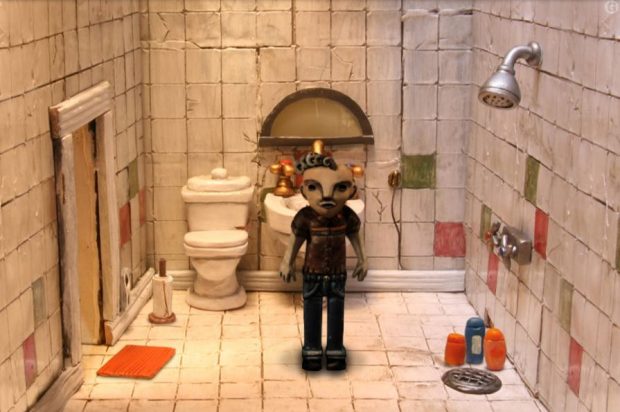
We also played a short, politically motivated (and darkly humourous) game made in Twine called You Are Jeff Bezos, which is also free if you wanted to check it out. To finish the meeting we also looked at a few interesting, almost archival, videos that attempt to summarize years of gaming in roughly two minutes. You can watch the best one here.
Hope to see some of you again next week!

